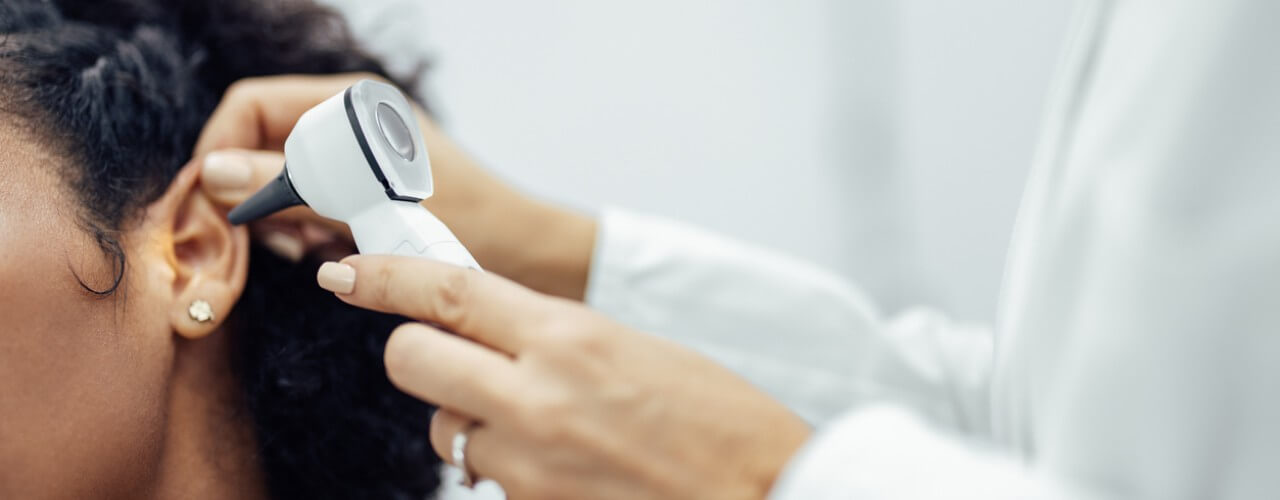What are the signs of Meniere's Disease
Meniere's Disease is a challenging condition that is characterised by severe dizziness (vertigo) and ringing in the ears. It may also be accompanied by a feeling of fullness in the ear and hearing loss. Most people don’t experience Meniere's Disease earlier in life, as it is most likely to develop between the ages of 40 and 60. If you’re struggling with symptoms like this then it’s well worth getting medical advice so that you can get some help with treatment.
How do you know it's Meniere's Disease?
People who suffer with this condition tend to experience “drop attacks,'' which are attacks of dizziness that can last several days and which often follow on from a period of muffled hearing or tinnitus. These attacks can be so severe that they affect balance and may cause someone to fall.
What causes Meniere's Disease?
Normally, it is a build up of fluid in the inner ear that causes the symptoms of Meniere's Disease. This is where the organs of balance and hearing are found, which is why Meniere's Disease can cause so many problems with hearing and dizziness. There is no clear reason for this to happen but some researchers have established that it could be due to a constriction of the blood vessels, similar to that which occurs when someone experiences a migraine. It could also be the result of a viral infection or autoimmune reaction and could be due to a genetic variation as it tends to run in families.
Diagnosing Meniere's Disease
Ear, nose and throat (ENT) doctors are usually called on to diagnose Meniere's Disease. This may be done by taking a medical history and looking for signs such as tinnitus, two or more episodes of vertigo lasting 20 minutes or more each and temporary hearing loss. A hearing test can be carried out to identify the extent of hearing loss and an MRI may be useful to ensure that no other diseases are responsible for the symptoms.
Treating Meniere's Disease
There is currently no cure for Meniere's Disease but your ENT specialist can recommend a number of different ways to treat the condition to help make it more manageable. These include:
- Medication to help with the dizziness. Because dizziness is the most challenging element of Meniere's Disease, a number of medications can be prescribed to help with this including diazepam and lorazepam.
- Dietary changes. In particular, reducing the volume of salt consumed can help control dizziness by minimising the amount of water that the body retains. Reducing consumption of coffee, alcohol and giving up smoking may also make a difference.
- Cognitive therapy. This can be useful to help process feelings of stress, especially in terms of anxiety over future episodes.
- Injections. Gentamicin (an antibiotic) can be injected into the middle ear to help with dizziness but can also increase the risk of hearing loss.
- Surgery. A surgical procedure may be an option if all other treatments for dizziness fail.
Meniere's Disease presents many challenges and it’s important to get diagnosed quickly so that you can start to put a treatment plan in place.
Harley Street is the UK's foremost private medical centre which is dedicated to providing high-quality care for your ear, nose, throat, head & neck, and balance-related disorders. Find out more information on how Harley Street ENT can help you here.











